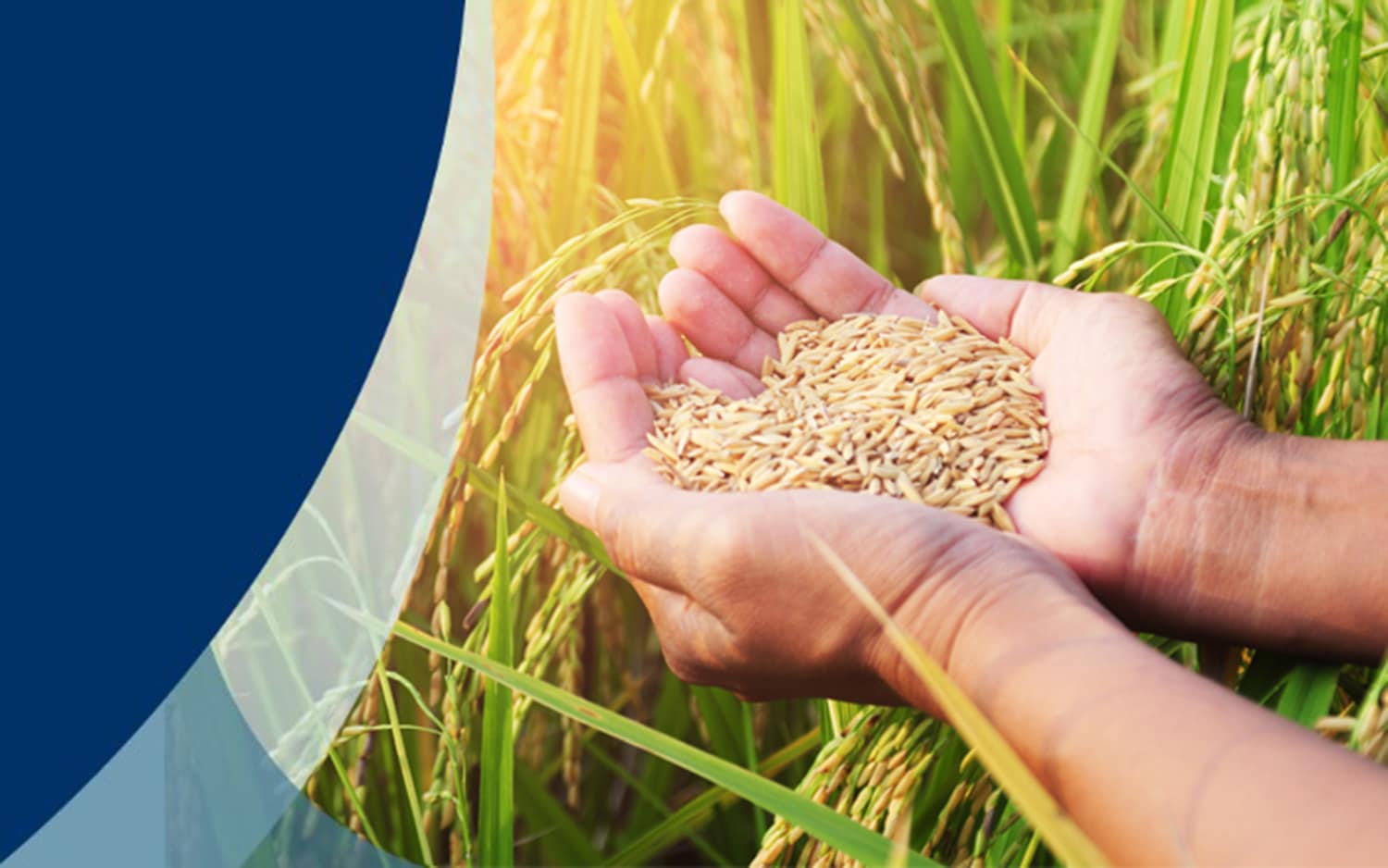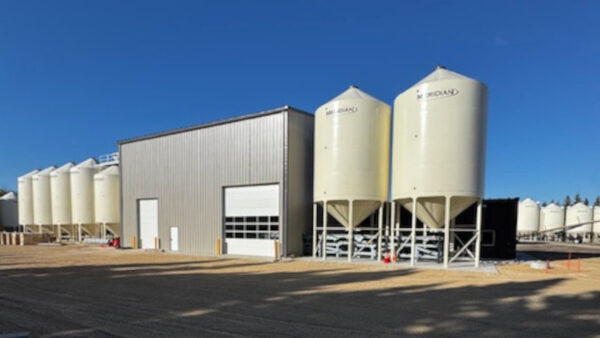For over 100 years, Canadian agriculture has relied on the Canadian Seed Growers’ Association (CSGA) as a regulatory partner to establish standards and certify seed crops. We take this responsibility very seriously. On behalf of seed growers, seed businesses, and the Canadian public good, we help ensure safe, innovative, and reliable seed drives our seed sector forward and strengthens Canada’s international reputation as a trusted supplier of high-quality, consistent agricultural products.

CSGA Executive Director
We stand proud of our century-old organization and are committed to continuous improvement to provide a flexible, responsive, cost-effective seed certification system.
In this spirit of innovation, we are energized that the Seed Regulatory Modernization (SRM) process allows us to showcase some of the ideas CSGA has been developing with our members and stakeholders for years.
Our desire to build an even more inclusive standard-setting process is a prime example.
First, it’s important to understand that the CSGA board doesn’t develop seed standards. Who does? You do. How? Through our already open and inclusive standards development process.
It requires active participation from stakeholders throughout the value chain, like you, to develop standards that best meet the needs of our Canadian seed sector. This includes the Regulatory Services Committee, eight crop-specific working groups, and various ad-hoc working groups, working in concert to develop standards and make recommendations to the CSGA Board of Directors, which ensures the proper process is followed.
Seed growers, seed businesses, plant breeders, inspectors, and analysts all come together to develop CSGA’s modern and internationally recognized seed standards. On top of that, our public consultation process allows more voices and opinions to be included in developing standards, empowering the entire seed sector value chain.
Our robust standards development process ensures that Canadian pedigreed seed production requirements and standards are science-based, stakeholder consulted, trusted, transparent, and internationally competitive.
We already benefit so much from this model of inclusion that, through SRM, we have developed a plan to further expand stakeholder consultation by creating an industry advisory committee.
This advisory committee will not only increase stakeholder engagement in the CSGA’s standards development process but also give broader access to governance modernization initiatives to make the system work better for everyone.
As with all open and inclusive consultations, there will be different opinions to work through together, and the SRM process is no different.
Seeds Canada’s idea for standard setting is centred around a new Independent Standards Setting Body (ISSB). This would mean that standard setting and service delivery are separate and that CSGA would no longer set standards.
Separating standards setting from service delivery may be a great sound bite, but it does not reflect how certification programs, especially global seed certification agencies, actually work. Real-world experience, scientific research, and even a simple Google search do not support this proposed separation. In fact, the proposed ISSB would further fragment the seed system with extra layers of bureaucracy, precisely what we’re trying to limit with our modernization initiatives.
The bottom line is that CSGA’s standard-setting process is not broken. It’s actually often used as the international standard for what an inclusive, efficient, and productive standard-setting process should be.
We are not resting on our laurels, we always strive for better.
We’ve already proposed an industry advisory committee in 2021 and started discussions with organizations, including the ASCIS association, our provincial branches, and Seeds Canada, about helping to nominate representatives to key CSGA committees, such as our Regulatory Services Committee. We are open to collaboration, and we are excited about the results of our collective efforts.
We have a real opportunity to build a next-generation seed system through the SRM process. Let’s work together to strengthen what makes Canada’s seed sector special versus trying to tear it down.













